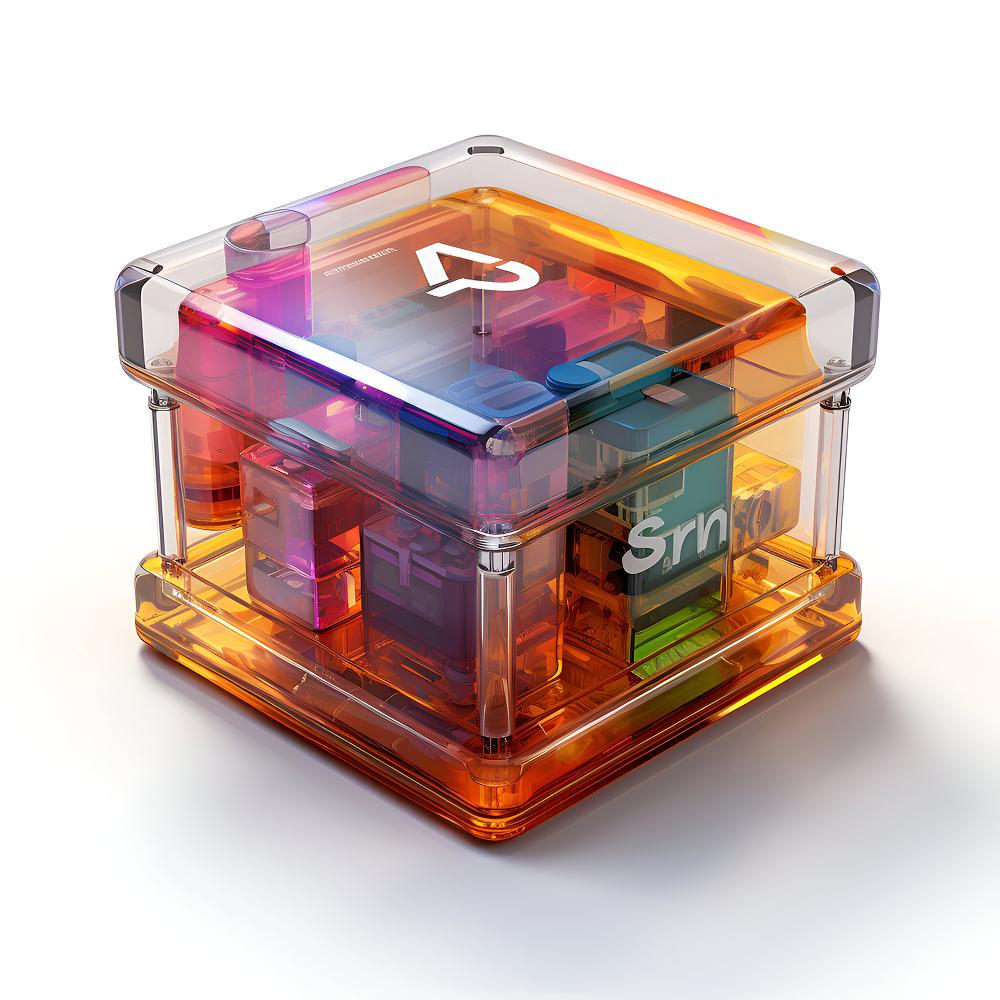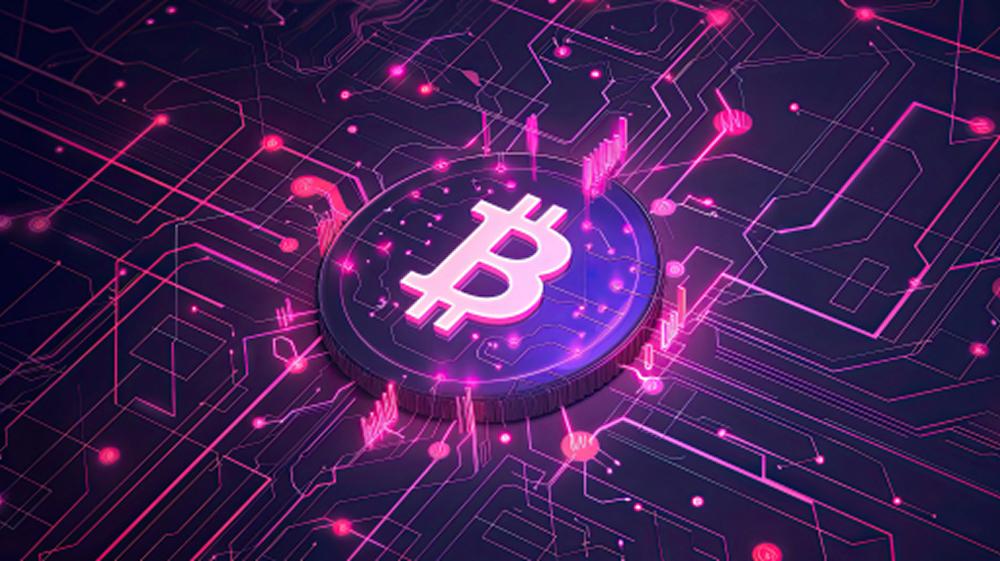
Security Token Offering Development Services
STO Services
Targeted Tokenization Domains
Types of Security Tokens
Challenges to Solve with STO Development Services







Technology Stack
The Steps Behind Our STO Consulting & Development
FAQ
An STO is a fundraising method that uses blockchain technology to issue security tokens. These tokens represent ownership in an asset, like real estate or shares, and are fully regulated. Unlike ICOs, STOs are legally compliant, offering more security to investors.
Asset tokenization is the process of converting ownership rights of an asset (like real estate, stocks, or art) into digital tokens on a blockchain. These tokens can be traded and held, making assets more liquid and accessible.
A utility token grants users access to a product or service within a specific platform. Unlike security tokens, utility tokens aren’t backed by an asset and don’t represent ownership. They are often used to fuel a platform’s ecosystem.
An equity token represents ownership in a company or asset, similar to traditional stock. Holders of equity tokens may receive dividends or profits from the underlying asset, providing a digital, tradable alternative to shares.
Security tokens offer transparency, security, and compliance—all crucial for the future of digital finance. As regulations catch up with blockchain, STOs are becoming a trusted way to access global investments while ensuring legal protections.
The right token depends on the asset you wish to tokenize and your business model. For example, equity tokens are great for ownership, while asset-backed tokens work best for tangible assets like real estate or commodities.
Costs vary depending on the complexity of the STO, the blockchain platform chosen, and your legal requirements. However, on average, you can expect to invest anywhere from $50,000 to $200,000, considering development, compliance, and marketing efforts.
Smart contracts are self-executing contracts with terms written in code. In STOs, they automate the processes of token transfers, payments, and compliance verification, reducing reliance on intermediaries and increasing the efficiency of operations.
Yes, STOs are legal, but they must comply with the regulations in the jurisdictions where they operate. This makes them safer for investors compared to other blockchain-based fundraising methods like ICOs.
Compared to conventional investments, STOs offer greater security, liquidity, and transparency. In addition to gaining fractional ownership and trading tokens on secondary markets, investors can also take advantage of the safeguards offered by STO regulations.






















